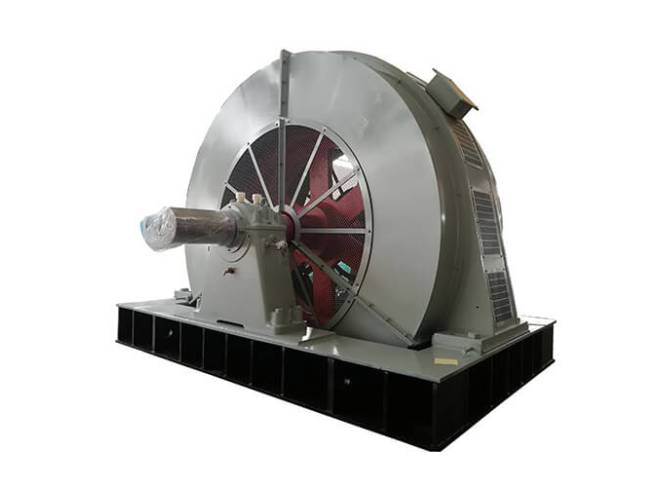In electrical equipment such as motors, we are often confused with motors such as synchronous motors, in addition to asynchronous motors and their applications. In addition to being tough, these motors are reliable and can be used in a variety of applications. As the name implies, the motor gets its name from the fact that the rotor in the motor runs asynchronously with the rotating electromagnetic field.
Definition: Motors that handle alternating current are called asynchronous motors. The motor mainly serves the induction current inside the rotor in the rotating magnetic field of the stator. In this motor layout, the motion of the rotor cannot be synchronized through the repositioned stator region. The rotating stator magnetic field of the motor induces a magnetic field in the rotor winding. This current must then generate a force to press the blade against the stator. In the motor, the blade is not synchronized with the stator, so a torque must be generated.
This is the most typical electric motor. The market for three-phase asynchronous motors is cheap and easy to maintain. Compared with a single - phase motor, the performance of the motor is excellent. The bright spot of the motor is that the rate cannot be converted.

Synchronous Motors
In the motor building, the motor does not include any type of magnet. In this motor layout, the phases can be connected to the coil. Make sure you can create an electromagnetic field. In the motor, the current flow in the blade can be activated by an induced voltage from the steering field. When a magnetic field is applied through the rotor, voltage must be induced on the blade. Because the electromagnetic field of the rotor can be generated by the electromagnetic field of the stator. Basically, the blades' electromagnetic fields travel asynchronously toward the stator's magnetic field, or remain constant over time. Therefore, the retention between two electromagnetic fields can be called sliding.
The motor actually works in a similar way to synchronous motors. These motors, also known as induction motors, operate under the concept of electromagnetic induction. The rotor in the motors does not receive any electrical energy through conduction, as a DC motor does. These electric motors do not have any type of external device to stimulate the blades inside the motors. Therefore, the blade velocity mainly depends on the unpredictable magnetic induction intensity.
The variable electromagnetic field will trigger the blade to deform at a lower speed than the stator's electromagnetic field. When the speed of the rotor and the speed of the magnetic field in the stator change, these motors are called asynchronous motors. A change in velocity may be called slipping.
Copyright © ZCL Electric Motor Technology Co., Ltd. All Rights Reserved | Sitemap | Powered by 